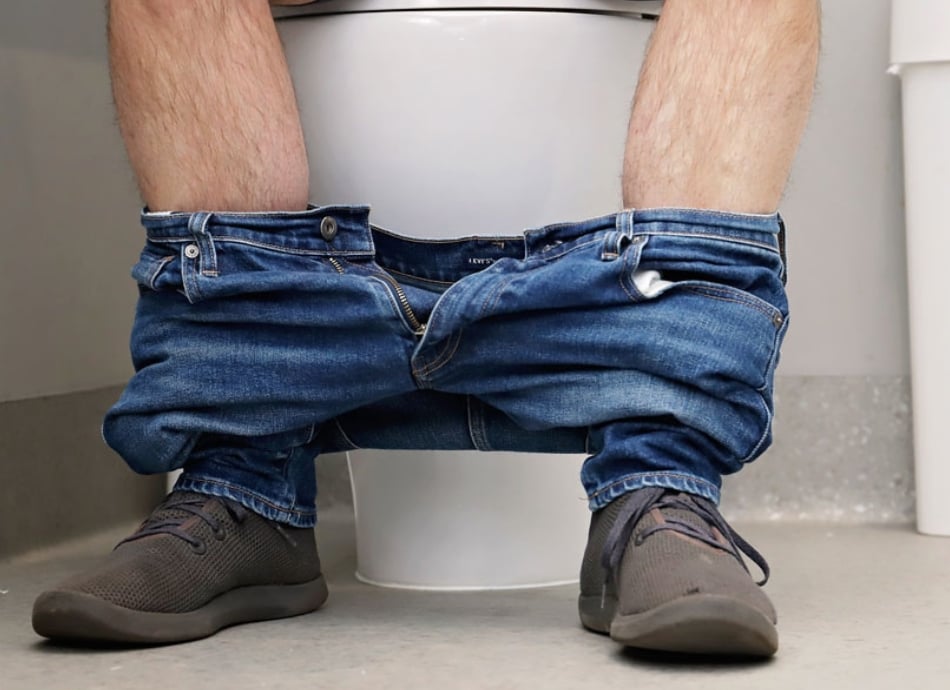Laxatives for adults
Medications used to treat constipation are called laxatives
Key points about laxatives in adults
- Treatment with a laxative is needed only if lifestyle measures, such as eating plenty of fibre, drinking enough fluid, and exercising regularly do not work well in relieving constipation.
- Talk to your doctor or pharmacist if you think you need a laxative. Read more about constipation.
- Note: the information below is for laxative use in adults. For information about the safe use of laxatives in children, see laxatives (children).

There are several types of laxatives that differ in how quickly they start working, how helpful they are in different situations, their taste and cost and possible side effects. Some of them are available from your pharmacy, and others on prescription from your doctor. The four main groups of laxatives are:
- bulk-forming laxatives (or fibre supplements)
- stimulant laxatives that act on the bowel's nervous system to get the bowel moving
- osmotic laxatives that draw water into the bowel
- stool or poo softeners.
More-detailed information about these four types of laxatives, including common brand names, is provided in the table at the bottom of this page.
There are different forms of laxatives. Some can be taken by mouth; others such as an enema inserted in the bottom.
- Tablets, capsules, syrups, drops and powders are taken by mouth, and depending on the type of laxative, can take hours or days to work.
- Rectal laxatives (enemas or suppositories) are inserted into the rectum (bottom). These are usually effective within minutes to an hour and are mainly used as a last resort to treat severe constipation.
Drink plenty of water:
- When taking laxatives, you should try to drink at least 8 to 10 cups of water a day.
- This is because laxatives, especially an osmotic laxative, can make you dehydrated.
- If you take a bulk-forming laxative and you do not drink enough fluid this can cause a blockage in the gut as the poos may become dry and difficult to pass.
Use laxatives only for short periods of time:
- Long-term use can make your body dependent on them, so your bowel no longer works normally without them.
- Generally, it is recommended that you do not take laxatives for more than 5 to 7 days in a row.
- If you still have constipation after taking laxatives for several days contact your doctor for advice.
Like all medicines, laxatives can cause side effects, although not everybody gets them. The common side effects of laxatives are stomach pain or cramps, bloating, gas in the tummy, flatulence or 'farting'. Other side effects include:
- Constipation: ongoing use of laxatives can cause constipation because the bowel loses muscle and nerve response and can no longer move poos out. This results in dependency on the laxative, so that higher doses are needed to poo.
- Diarrhoea and dehydration: taking too much of some laxatives can lead to diarrhoea and losing too much salt from the body.
Read more about medicines and side effects and reporting a reaction you think might be a side effect.
Always ask your doctor or pharmacist which laxative is best for you.
- Usually, treatment with a bulk-forming laxative is tried first.
- If poos remain hard then an osmotic laxative may be tried, or used with a bulk-forming laxative.
- If bowel movements are soft but you still find them difficult to pass then a stimulant laxative may be tried.
- In cases of severe constipation (impaction), high doses of the osmotic laxatives may be used.
The different types of laxatives are detailed in the table below.
|
Bulk-forming laxatives (or fibre supplements) |
|
|---|---|
|
Bulk-forming laxatives are high in fibre which adds bulk to the poos. The bulky size stimulates the bowel muscles, causing poos to move along, leading to an easier bowel movement.
|
|
|
Stimulant laxatives |
|
|
|
|
Osmotic laxatives |
|
|
|
|
Faecal or stool softeners |
|
|
New Zealand Formulary Patient Information
- Bulk laxatives (external link)
- Docusate(external link)
- Docusate and sennoside(external link)
- Sennosides(external link)
References
Laxatives(external link) NZ Formulary
Brochures

Medicines and side effects
Healthify He Puna Waiora, NZ, 2024

Health Quality and Safety Commission, NZ, 2019 English, te reo Māori
Credits: Sandra Ponen, Pharmacist, Healthify He Puna Waiora. Healthify is brought to you by Health Navigator Charitable Trust.
Reviewed by: Angela Lambie, Pharmacist, Auckland
Last reviewed:
Page last updated:





